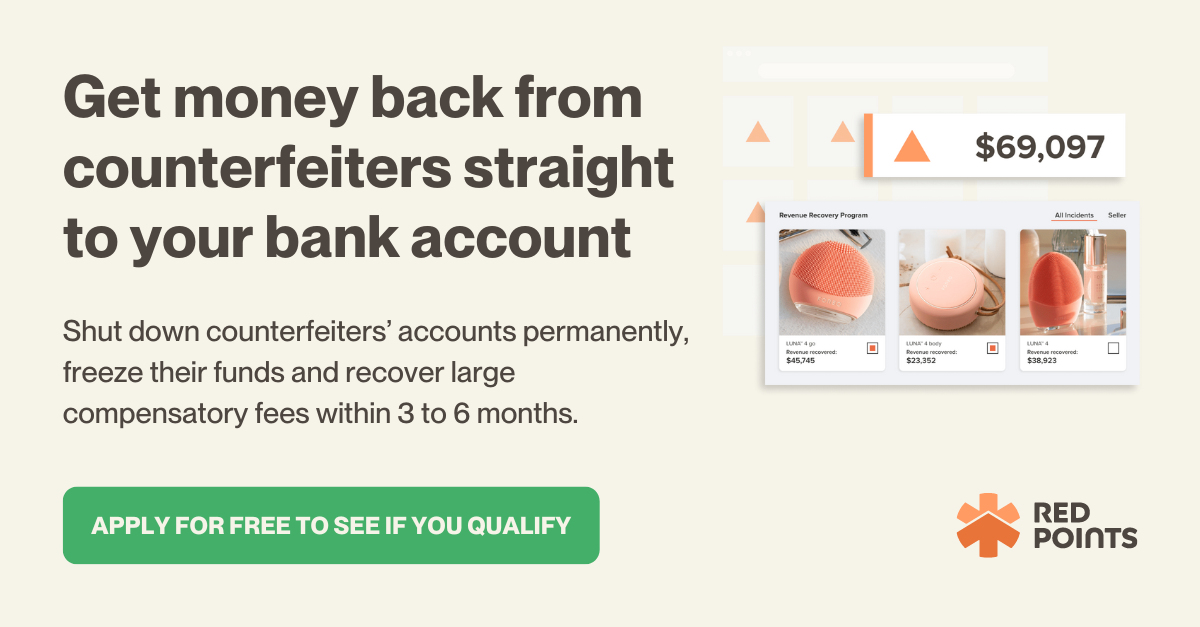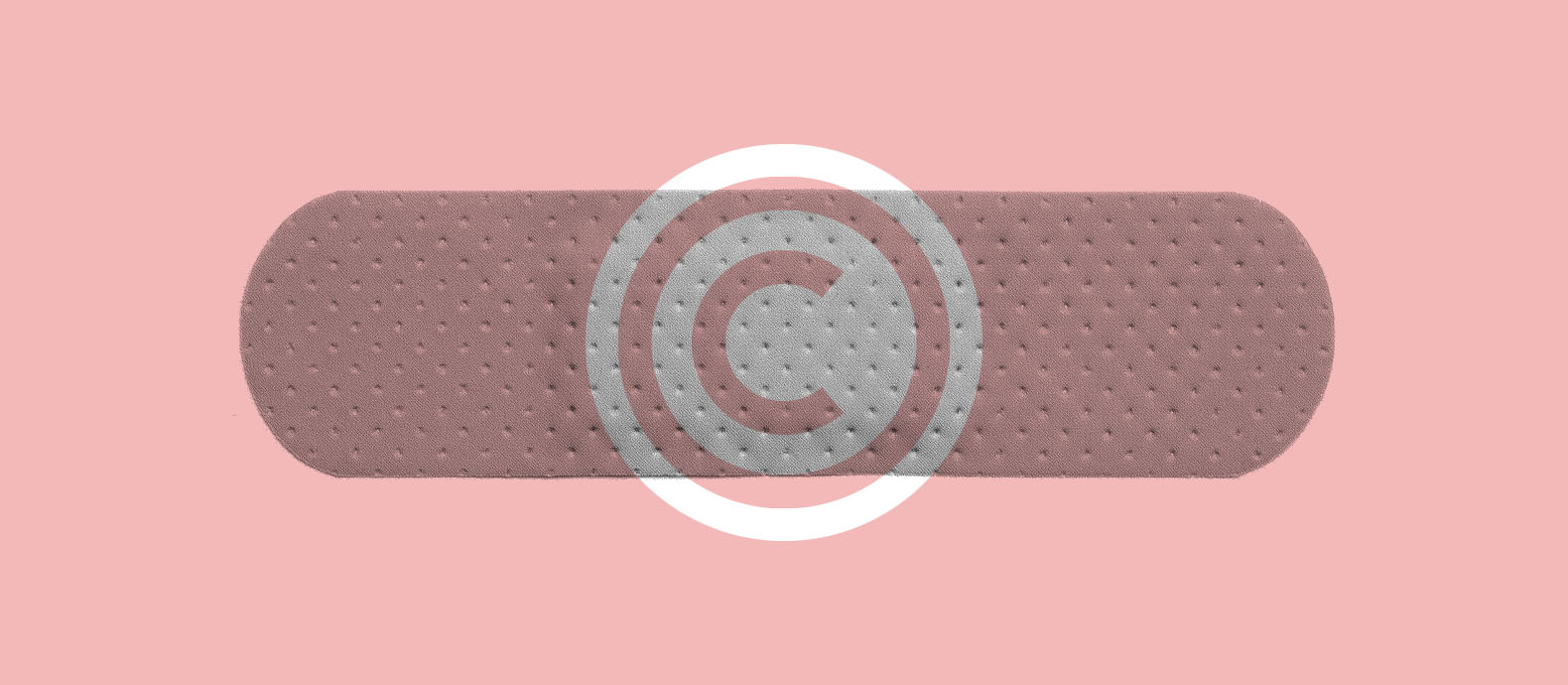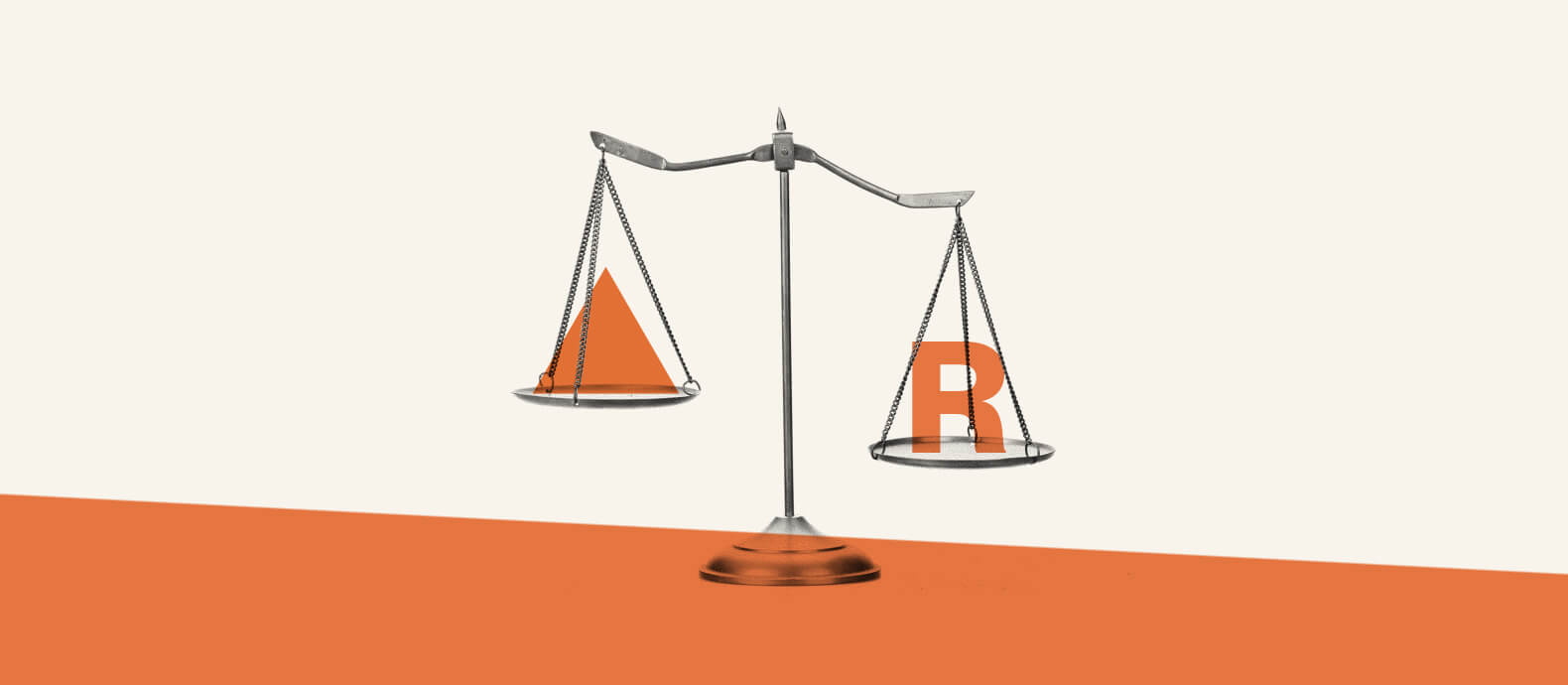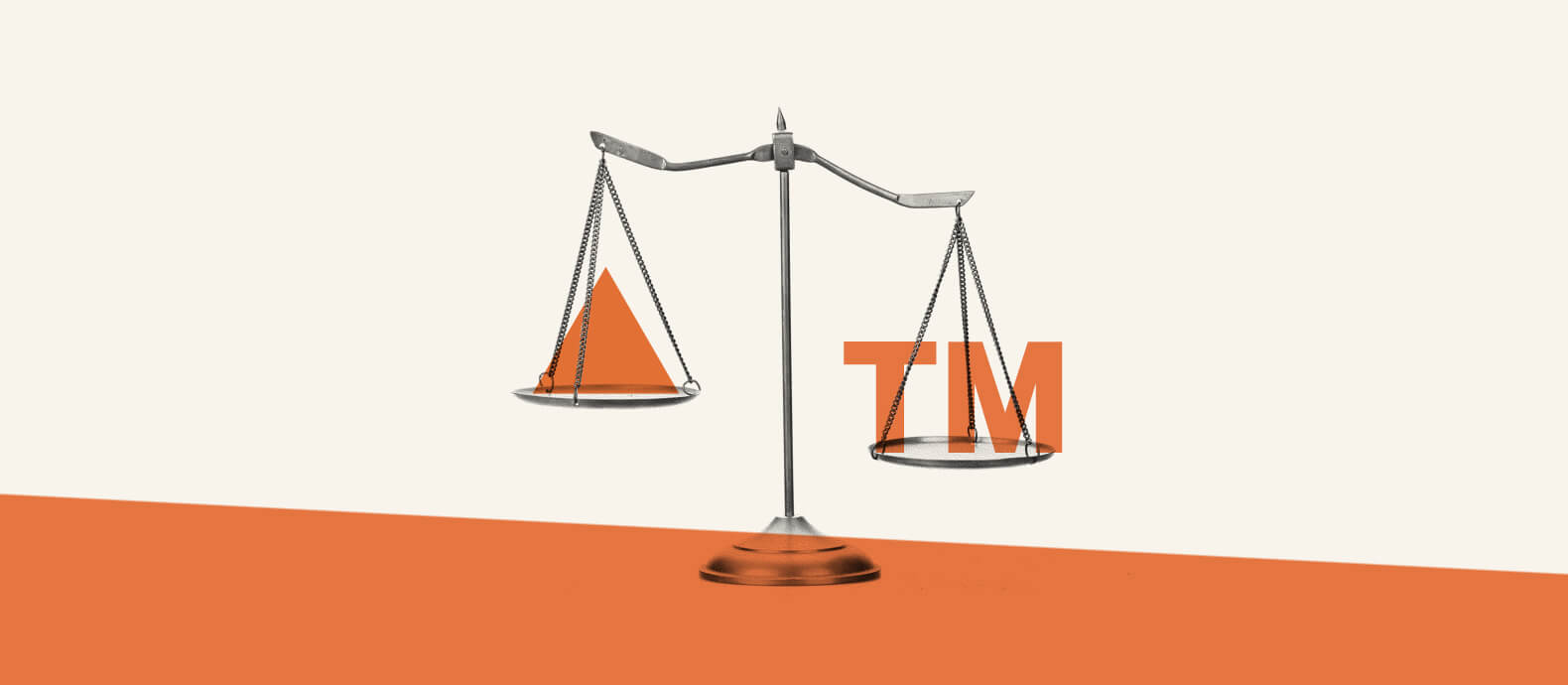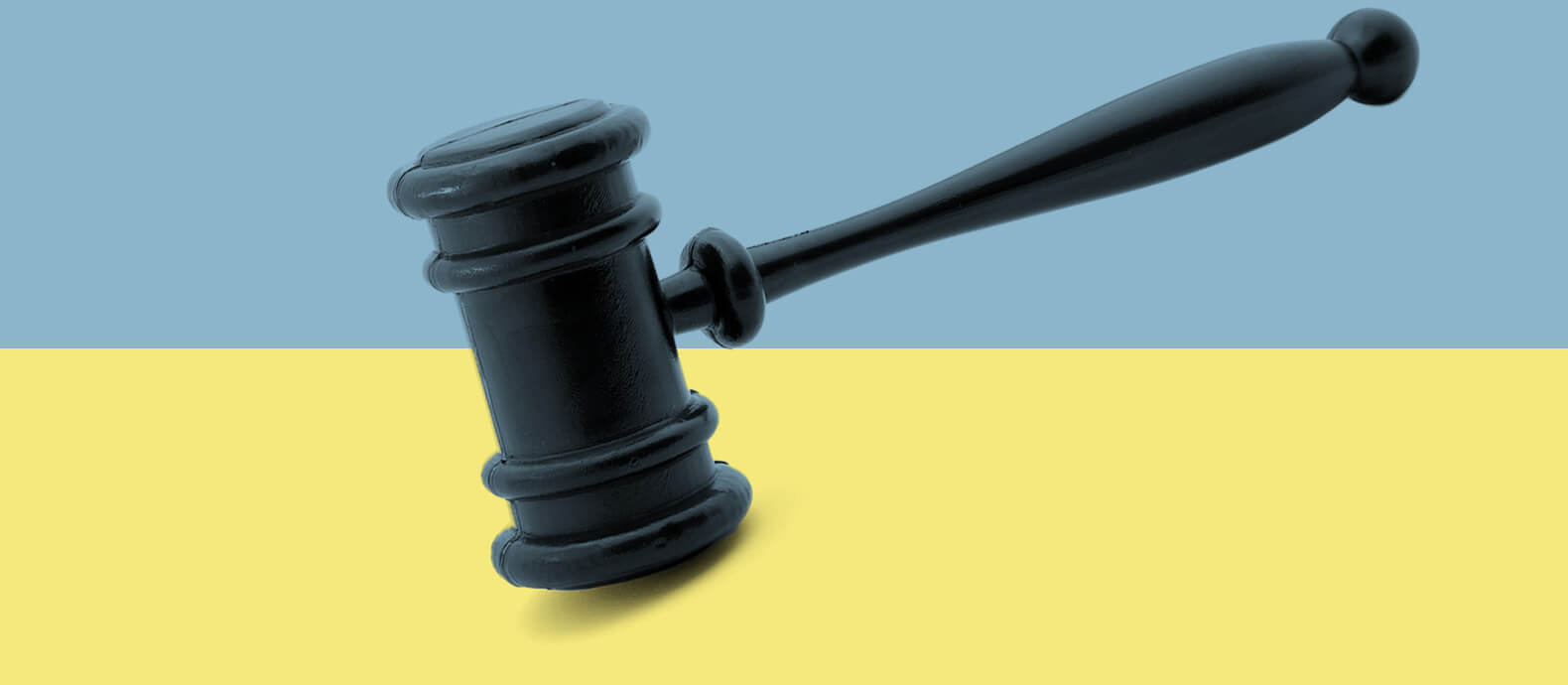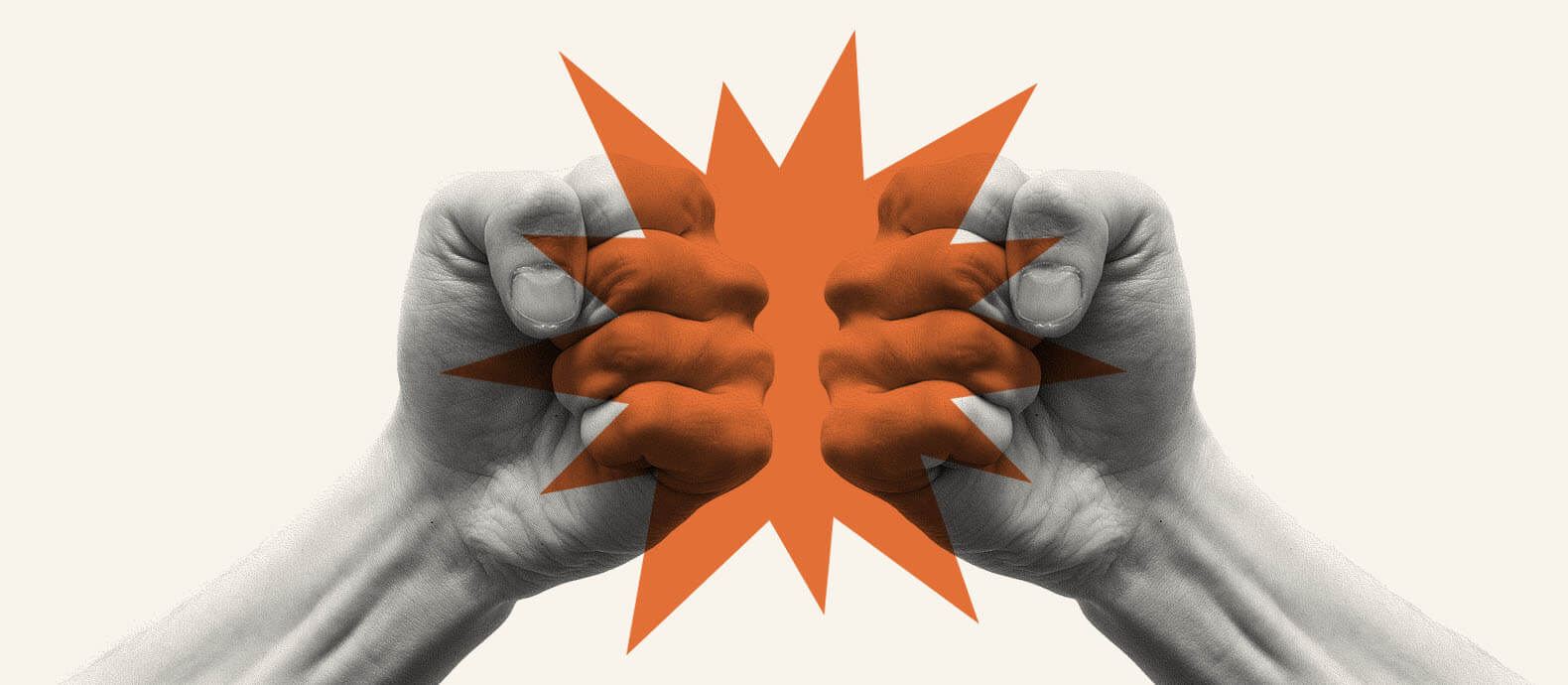Copyright infringement is a menace that many businesses have to deal with everyday. One of the most effective ways to combat copyright infringement is by pursuing the infringer with legal action. But, what does this entail? And, how can you benefit from commencing legal action that is often complex, lengthy and expensive?
Copyright infringement damages are one of the main incentives for starting legal action. In intellectual property (IP) cases, claims for damages are common and can often be incredibly rewarding if you run a successful lawsuit. So, how does this legal process work? And, who can help you manage this process to ensure you receive an appropriate award of damages?
In this blog we’ll be exploring a variety of topics concerning copyright infringement damages, including:
- What are the damages for copyright infringement?
- How copyright infringement can affect your company’s reputation and revenue
- 3 ways to protect your business from copyright infringement and take legal action
- No win, no fee: recovering lost revenue with Red Points
What are the damages for copyright infringement?
Damages are an award of money given to compensate a plaintiff who has suffered loss or damages as a result of the defendant’s wrongdoing. Damages for copyright infringement are a key element of providing the wronged-party with relief. For many, the financial incentive of damages is the main reason for engaging in legal action in the first place.
The particular kinds of damages for copyright infringement include:
- Actual Damages
Copyright infringement actual damages, also known as real or compensatory damages, are damages awarded equivalent to the loss the party has suffered as a result of the copyright infringement. For example, if a scammer has infringed the copyright of your software licensed through theft or unauthorized distribution the court will assess the fair market value of the copyright, how it has been damaged, any lost income, and any expenses incurred as a result of the infringement.
- Statutory Damages
Copyright infringement statutory damages are damages awarded in civil law where the amount awarded is determined by legislation rather than the degree of harm. In US courts, statutory damages are commonly between $750 and $30,000 per work. If in the course of the trial, the copyright infringement is found to be intentional then the damages amount may be increased to $150,000 per work. The amount awarded can be directly referred to in legislation, this transparency helps to ensure a level of fairness throughout the process of awarding damages.
- Enhanced Damages
Enhanced damages are also known as copyright infringement punitive or exemplary damages. The objective behind enhanced damages is to punish wrongdoing and deter willful infringement. The court can award these damages alongside Actual and Statutory damages. Recently, the US Court of Appeals for the Federal Circuit, in SRI International, Inc. v. Cisco Systems, Inc, clarified that the standard required to award enhanced damages is higher than willful infringement.

How do you calculate damages for copyright infringement?
The calculation of damages depends on the type of damages in question. As mentioned, in US litigation, statutory damages for copyright infringement are commonly between $750 and $30,000 per work, and can reach $150,000 for single instances of proven intentional infringement.
Victims of copyright infringement don’t have to rely on statutory damages and can instead seek actual damages. These kinds of damages will be calculated by forensic accountants or via the testimony of expert witnesses who will assess the actual loss suffered and any other type of loss that can be proven. Therefore damages calculations can vary quite significantly from one case to another depending on the individuals involved.
How copyright infringement can affect your company’s reputation and revenue
Thousands of copyright infringements are reported in the US every year and they have become increasingly common in the digital world. Copyright infringement is a threat to your brand in many ways because it can result in reputation damage, revenue loss and the diminishment of your copyright’s value.
Copyright infringers can damage your revenue by siphoning away customers and selling illegitimate products or services using your intellectual property. You can put a monetary value on each unauthorized use. Over time these infringements will build up and start seriously impacting your bottom line.
Your brand’s reputation will also suffer if you allow copyright infringers to run riot with your intellectual property. In the world of business, reputation is based on trust.
When scammers steal your copyrights and distribute them without your permission you will have no control of how consumers interact with your intellectual property. Users could have bad experiences with your IP because of a scammer and then they might associate this experience with your brand. As a result your reputation, as a trustworthy and quality brand, will suffer.
Additionally, if your copyrights are consistently being stolen this reflects poorly on the professionalism and seriousness of your business. It may indicate that you haven’t invested in digital rights management (DRM) solutions. It may also show that you are not motivated to pursue infringers which will incentivize further copyright infringement.
6 ways to protect your business from copyright infringement and take legal action
1. Record any evidence of infringement
If you intend to take legal action in the future the best way to prepare is by recording any evidence of potential infringements. Keep a log of evidence that records the misuse of intellectual property. Screenshot instances of infringement as well as the names and methods of the infringers themselves.
2. Use copyright and ownership notices
Copyright and ownership notices are a clear and obvious visual way to show that you own the copyright. They also serve to deter potential infringers from stealing or distributing your intellectual property.
3. Seek legal advice
If you are worried about your copyrights you should seek legal advice to understand whether or not infringement is occurring, what you can do to pursue infringers and how you can protect against infringement in the future.
4. Protect your copyrights through contracts
Make sure that your employment, partnership and consultancy contracts assert the ownership of any of your copyrights with which your employees or partners may interact.
5. Take legal action
The best way to recover losses and protect your business from future copyright infringers is to take legal action over the IP infringement. Successful legal action may result in damages and injunctions to help you restore your revenue and reputation.
6. Partner with a third-party service provider
Partnering with a third-party provider that uses automated copyright infringement takedown tools can help protect your business from copyright infringement. These tools detect and remove unauthorized use of your intellectual property while also gathering evidence that can be used in copyright infringement litigation.
No win, no fee: recovering lost revenue with Red Points
Red Points’ Revenue Recovery Program will help you efficiently recover revenue lost to copyright infringement. Our program functions via three simple and effective steps:
1. Target infringers
Our automated bots will crawl the web searching for high-profile copyright infringers. Through machine learning and personalized processes, each search is more effective than the last – ensuring that you can find every copyright infringer who is damaging your brand.
2. Build a case
We will then collect all the data and evidence you may need to start legal action. Quality evidence can be the difference between success and failure in copyright law. So this stage is vital if you want to restore your brand’s reputation, receive compensation and halt infringers.
3. Get compensated
Our partners will then undertake legal action on your behalf on a contingency basis, meaning that they will only receive payment if they win the case or achieve a favorable settlement. In other words, there are no upfront costs for you to pay. Their goal will be to shut down the copyright infringers and recover funds via damages.
What’s next
Copyright infringement can be incredibly damaging to your business. One of the most reliable and cost-effective ways to combat and deter infringement is through legal action. Robust legal action can lead to your business being awarded damages and this will help you recover revenue lost to scammers, infringers and bad actors.
Red Points’ Revenue Recovery Program is centered on empowering brands to protect their revenue and reputation via proactive technological and legal steps. To learn more about Red Points’ Revenue Recovery Program contact our experts here.
